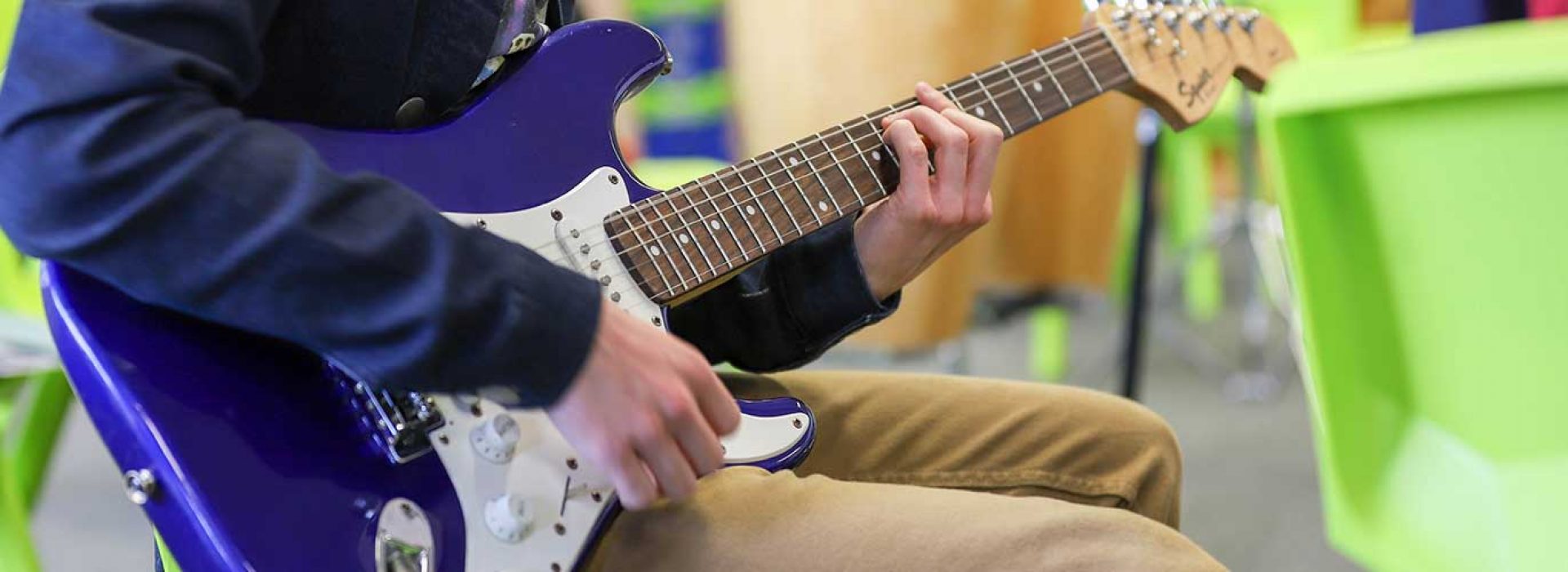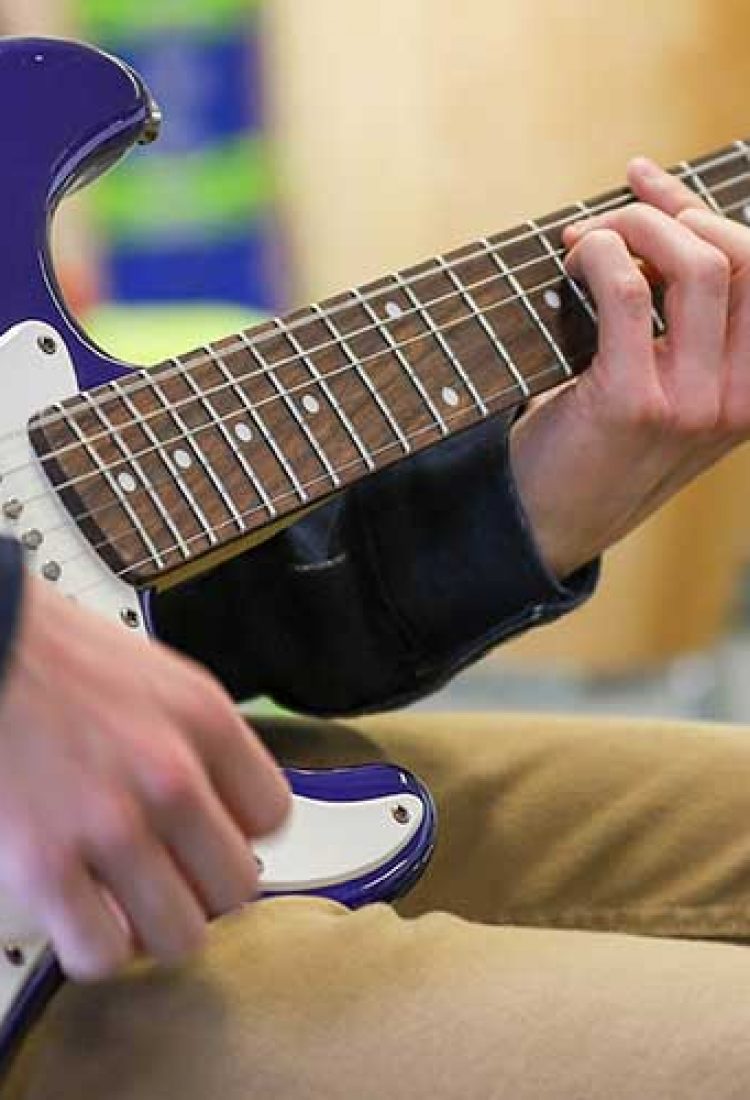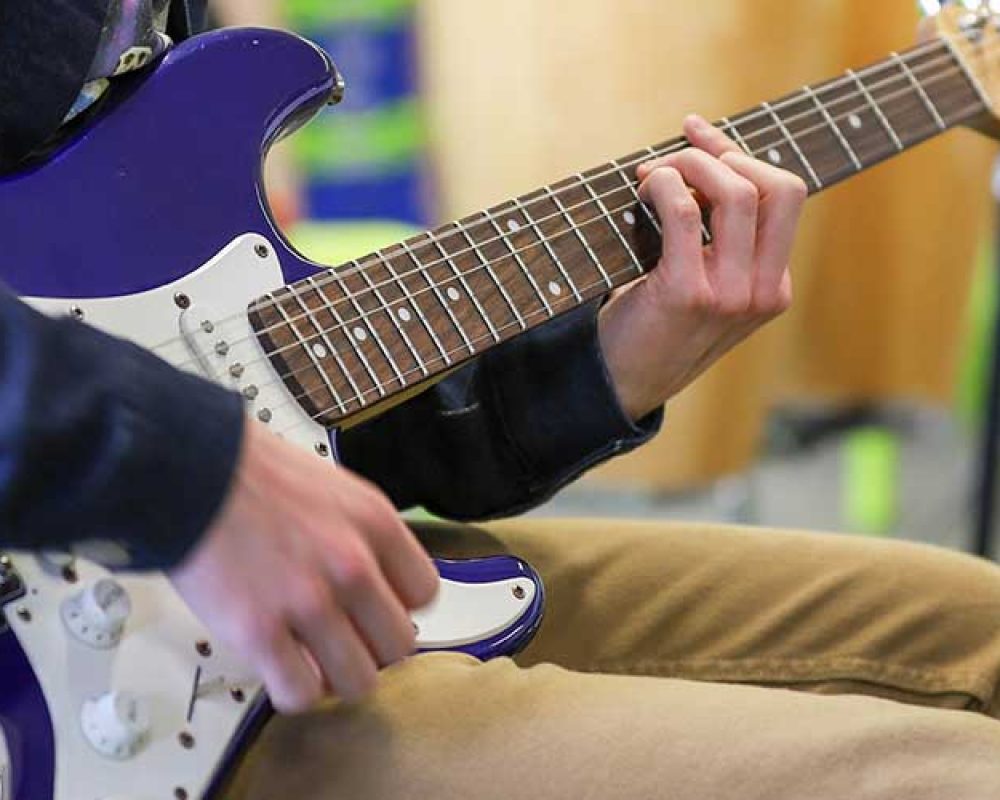Entry Requirements
Music – Grade 6
Examination Board: AQA
Introduction/General Advice and Requirements
A pass at Grade 5 theory is recommended. An understanding of Sibelius composing software is essential, as is the ability to research topics and pick out analytical features independently. Students will be expected to write essays and analyse music, as well as developing their listening, performing and composing skills. A good grasp of music terminology is essential.
Course Content & Assessment
The subject is made up of 3 areas:
1. Appraising music – 40% What is assessed? · listening · analysis · contextual understanding
How is it assessed?
A three-part examination paper with listening and written questions using excerpts of music.
There are seven areas of study to choose from:
- Western Classical tradition 1650-1910 (compulsory)
- Pop Music
- Music for media
- Music for theatre
- Jazz
- Contemporary traditional music
- Art music since 1910
- Students choose two from Areas of study 2-7
2. Performing – 35%
How is it assessed?
- A minimum of 10 minutes of performance is required. The standard of pieces is expected to be at least grade 6 (preferably grade 8). The pieces will be chosen to show a variety of style, technique, period and/or approach.
3. Composition – 25%
How is it assessed?
- Two compositions are required, one to a set brief and one free composition. A minimum of four and a half minutes of music in total is required. A notated score or annotation alongside 150-word programme note is also needed for both pieces.
CAREER OPPORTUNITIES
Music A Level is highly desired by the top Russell Group Universities; indeed, Music comes in the second tier of favoured subjects, only below the ‘Facilitating’ subjects. Universities view a good pass at Music A Level extremely favourably. Music A Level makes you a better “all round” musician, developing analysis, aural, composition, performance and essay writing skills. Students may go on to work in the fields of performance, sound engineering and producing, composing or music business.


